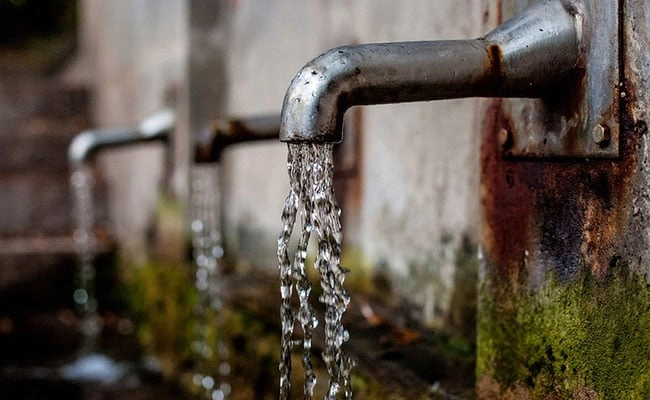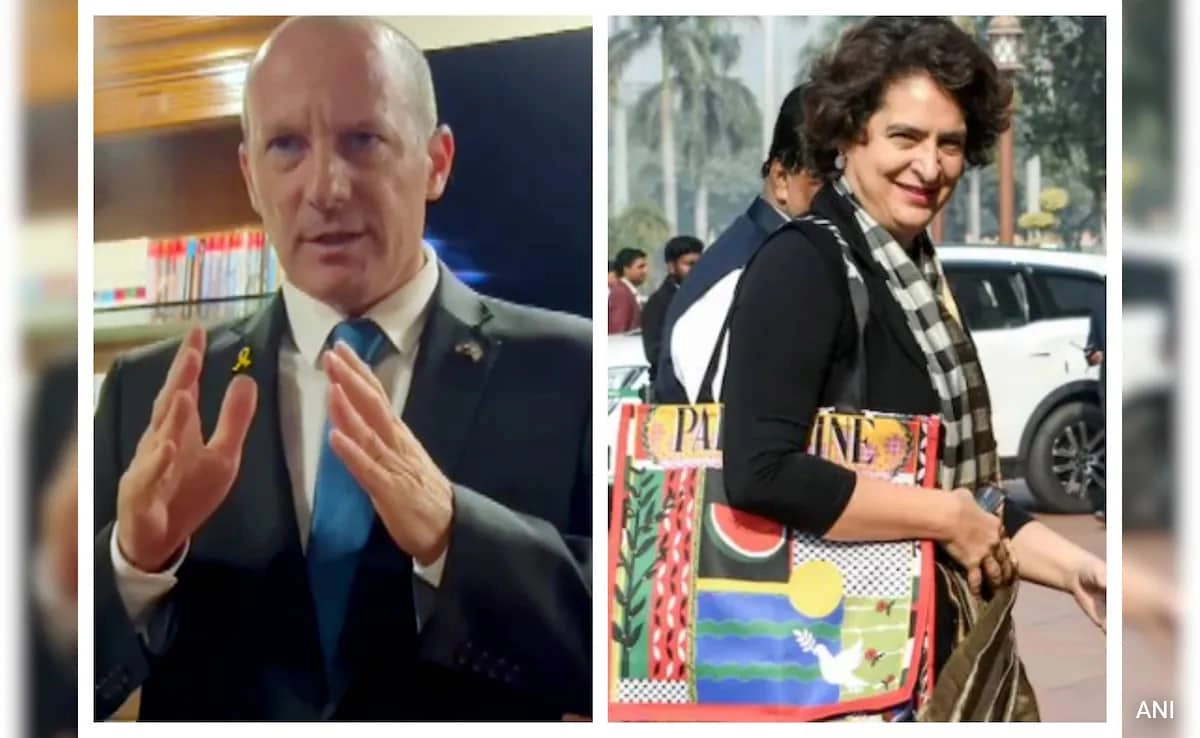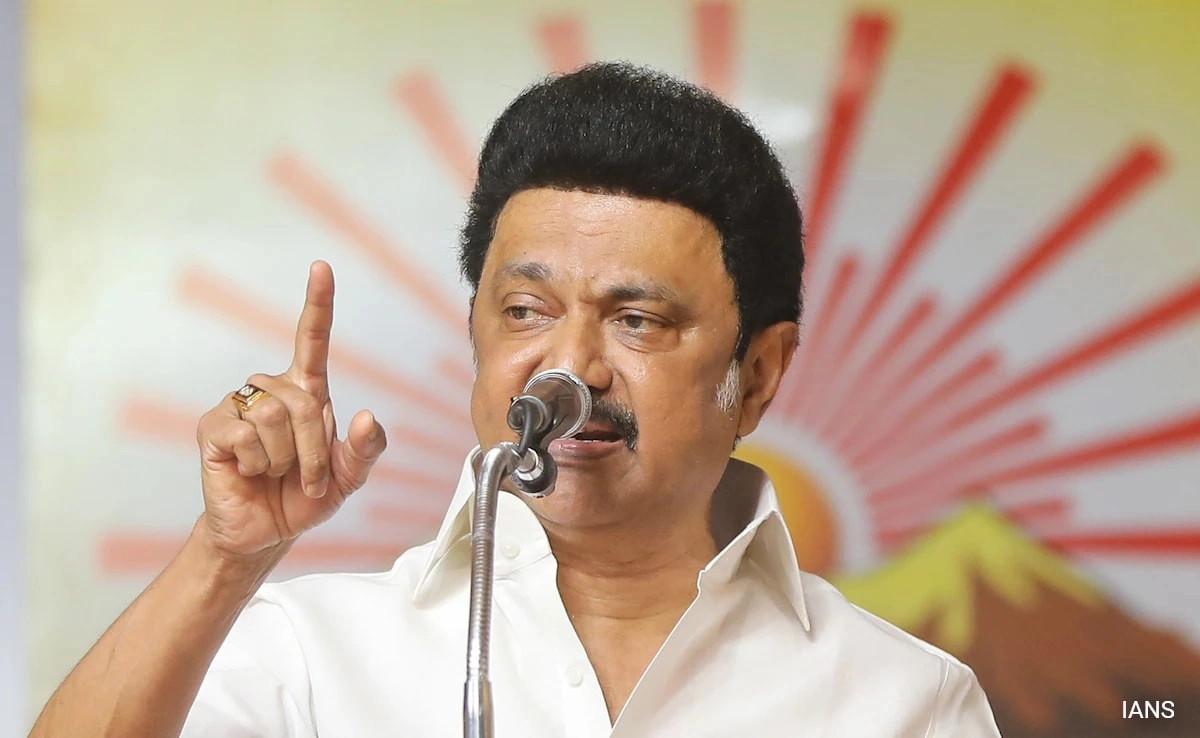Delhi is currently grappling with a staggering water bill deficit that has exceeded Rs 1.4 lakh crore, raising significant concerns about the management and sustainability of its water resources. This colossal figure comprises outstanding dues owed by various entities, including residential consumers, commercial establishments, and government bodies. The situation has sparked a debate regarding accountability and the need for reforms in the water supply system. Understanding who owes what in this context is crucial for developing effective strategies to address the burgeoning arrears while ensuring equitable access to water for all residents.
Residential consumers constitute a significant portion of the dues, with many failing to pay their water bills due to various reasons, including economic hardship and a lack of awareness regarding the billing process. On the other hand, commercial establishments, which typically consume larger volumes of water, also contribute substantially to the outstanding debts. These businesses often negotiate payment terms or delay payments, exacerbating the issue. Additionally, government departments and agencies are among the largest defaulters, raising questions about the ethical implications of public entities failing to fulfill their financial responsibilities. This scenario necessitates a comprehensive audit to identify the specific amounts owed by each category of debtor.
Addressing the water bill crisis requires a multi-faceted approach. Policymakers must consider implementing stricter regulations and penalties for those who default on their payments, while also exploring options for incentivizing timely payments. Moreover, enhancing public awareness about the importance of water conservation and the financial implications of unpaid bills could foster a culture of responsibility among consumers. Technological innovations, such as digital billing systems and real-time monitoring of water usage, could also play a pivotal role in streamlining the billing process and reducing discrepancies.
Ultimately, tackling the issue of outstanding water bills in Delhi will not only alleviate the financial burden on the city’s water supply system but also promote responsible water usage among its residents. Ensuring that all stakeholders understand their roles and obligations can pave the way for a more sustainable and equitable water management framework. As the city continues to grow, addressing these arrears effectively will be essential to secure a reliable water supply for future generations.




